
Across alliances, borders, and institutions, power is increasingly exercised without trust. This article examines how legitimacy—not military strength or economic size—has become the decisive variable in global stability, and why its erosion now threatens international order.
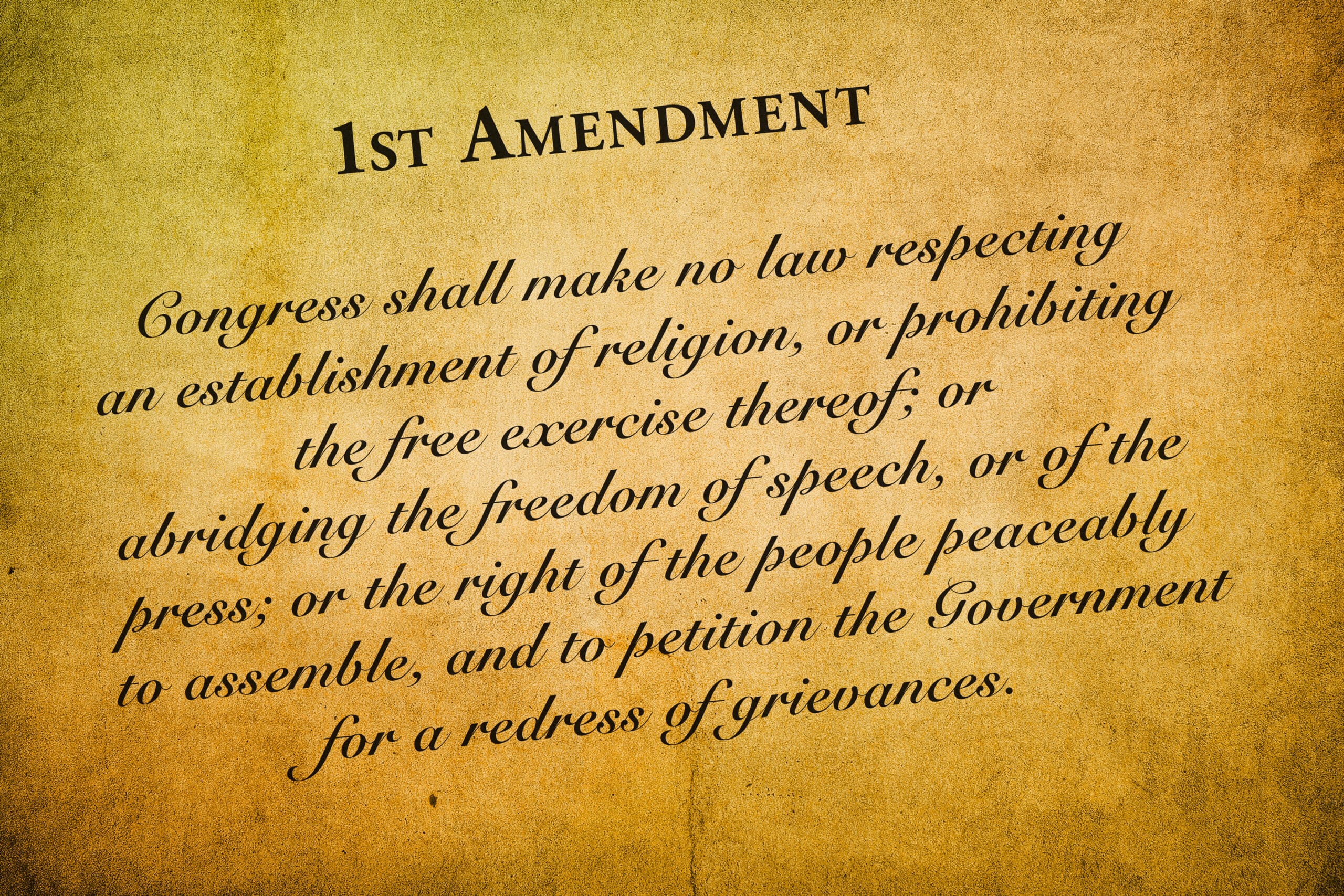
The United States is now in an stress-test phase. Institutions are probing where the edges are: who qualifies as a journalist, what constitutes reporting versus participation, and when observation becomes involvement. These questions are not new, but the stakes are higher than they have been in decades. This article examines how the First Amendment becomes vulnerable not through overt repeal, but through procedural drift—and why this moment matters for the future of democratic accountability.

As Arctic ice retreats, Greenland has shifted from geographic periphery to strategic center. Climate change is exposing new shipping routes, military corridors, and critical mineral reserves—placing Greenland at the intersection of great-power competition, environmental collapse, and unresolved questions of sovereignty and self-determination.
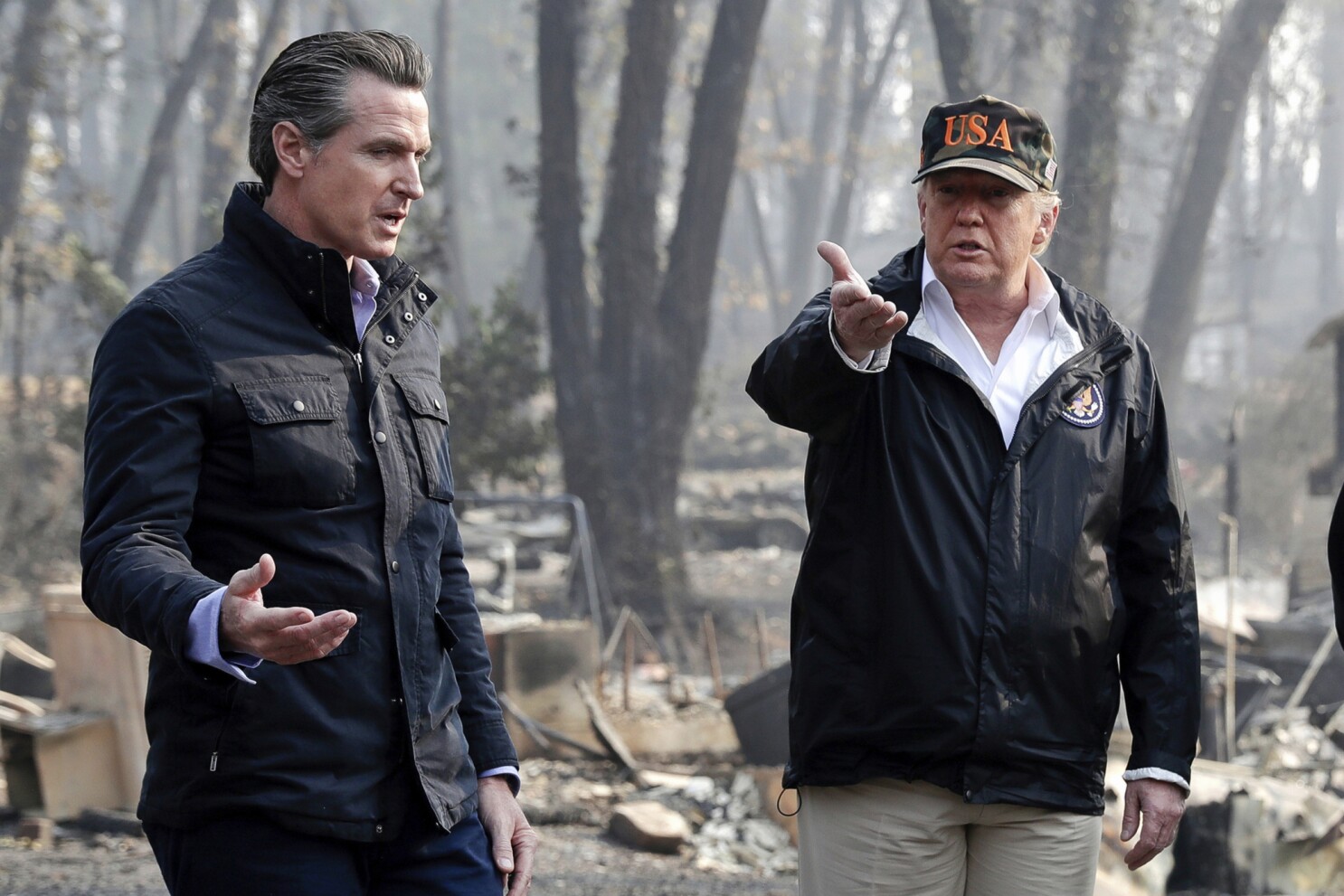
Gavin Newsom and Donald Trump’s clash is not just a political rivalry but a mockery war—revealing how spectacle, satire, and strategy shape democracy’s future.

In a multipolar world, power and influence are no longer separate. Their interdependence defines global politics—reshaping alliances, narratives, and the logic of survival.

AI is becoming the ultimate political weapon — not through violence, but through persuasion. As synthetic media blurs truth, democracy faces a new cold war: one fought through algorithms, attention, and belief.

When Billie Eilish told a room full of billionaires to give their money away, she didn’t just make headlines — she reframed the ethics of wealth. In an age of excess, her words reminded us that empathy is innovation, and conscience is the new currency.

AI is becoming the ultimate political weapon — not through violence, but through persuasion. As synthetic media blurs truth, democracy faces a new cold war: one fought through algorithms, attention, and belief.

The indictment of former FBI Director James Comey reverberates beyond politics — carrying an implicit warning to Supreme Court justices about independence, legitimacy, and the future of American law.

Gavin Newsom and Donald Trump’s clash is not just a political rivalry but a mockery war—revealing how spectacle, satire, and strategy shape democracy’s future.

Europe prepares for direct conflict with Russia, exposing fractures in NATO, the EU, and democracy’s ability to withstand authoritarian aggression.

U.S. Supreme Court decisions shape not only American law but also global alliances and the balance of power—revealing the deep interconnection of justice, legitimacy, and geopolitics.

In a multipolar world, power and influence are no longer separate. Their interdependence defines global politics—reshaping alliances, narratives, and the logic of survival.

As the world shifts from unipolar dominance to multipolar uncertainty, the fragility of allies reveals the limits of trust, unity, and survival in global politics.
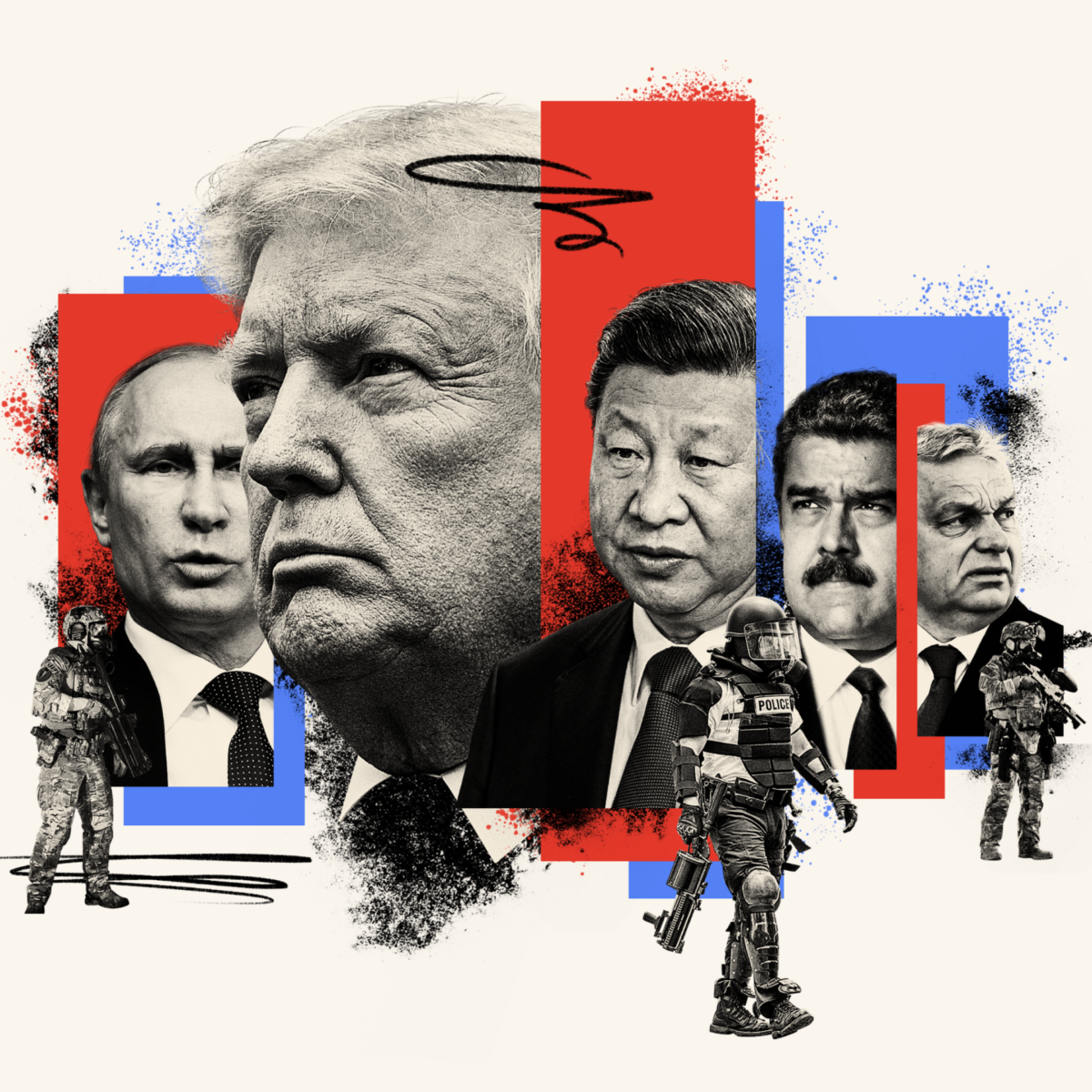
As authoritarianism rises, world leaders face the test of defending democracy. Can resilience and reform save it, or is decline inevitable?

Free speech in America functions like a pendulum. Each suppression sets up a return — but not without cost. The challenge is ensuring that the clock of democracy does not break before the pendulum can swing back.

The suspension of Jimmy Kimmel’s show was framed as a matter of taste, decency, and corporate prudence. In reality, it was a warning: if society no longer tolerates risk in comedy, it will soon struggle to tolerate risk in innovation. Comedy is the cultural canary in the coal mine. When it suffocates, innovation is next.
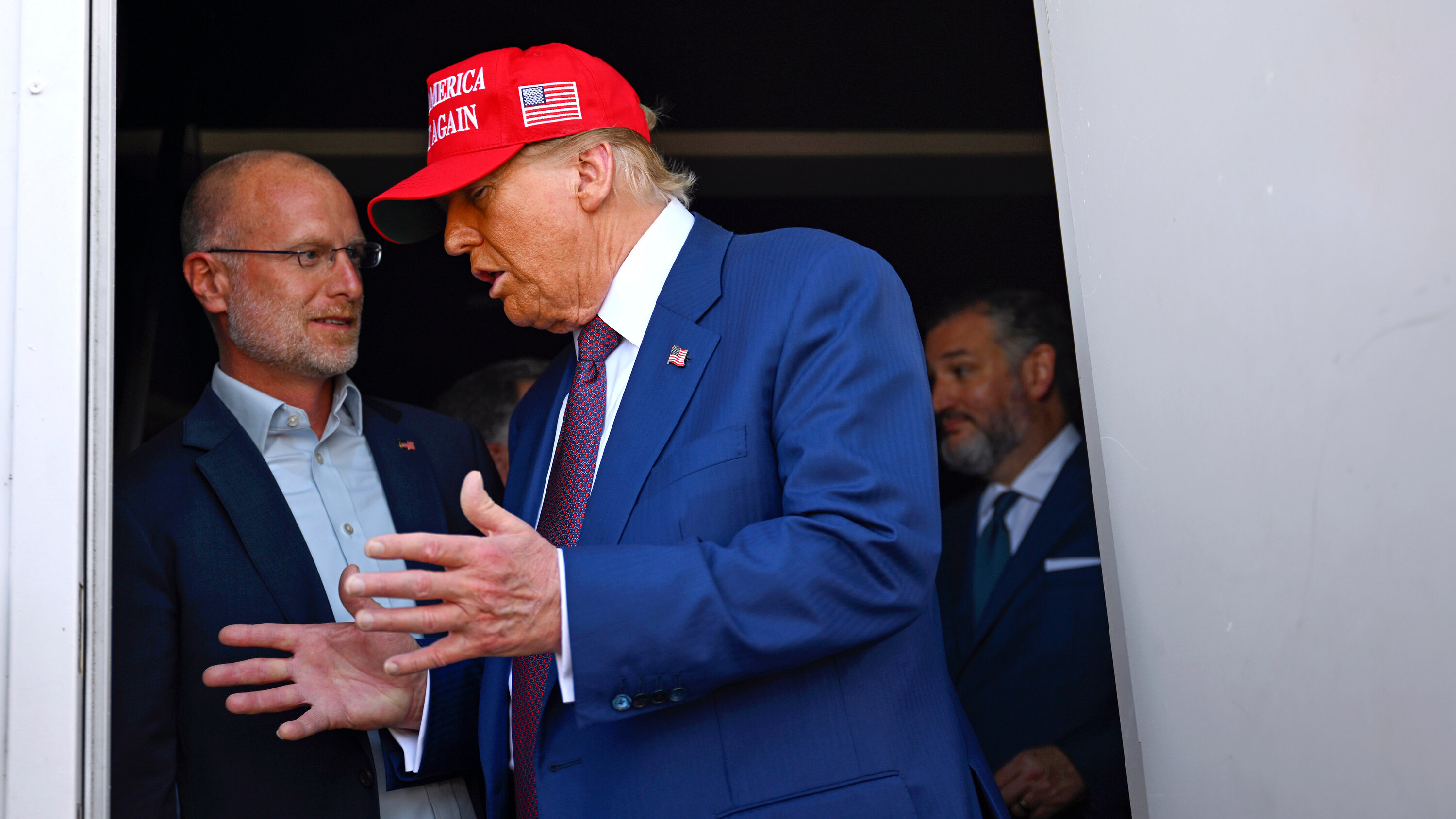
In a democracy, businesses are supposed to provide goods, services, and jobs — not police satire. Yet here we are: corporations making cultural decisions not out of artistic judgment, but out of political fear.
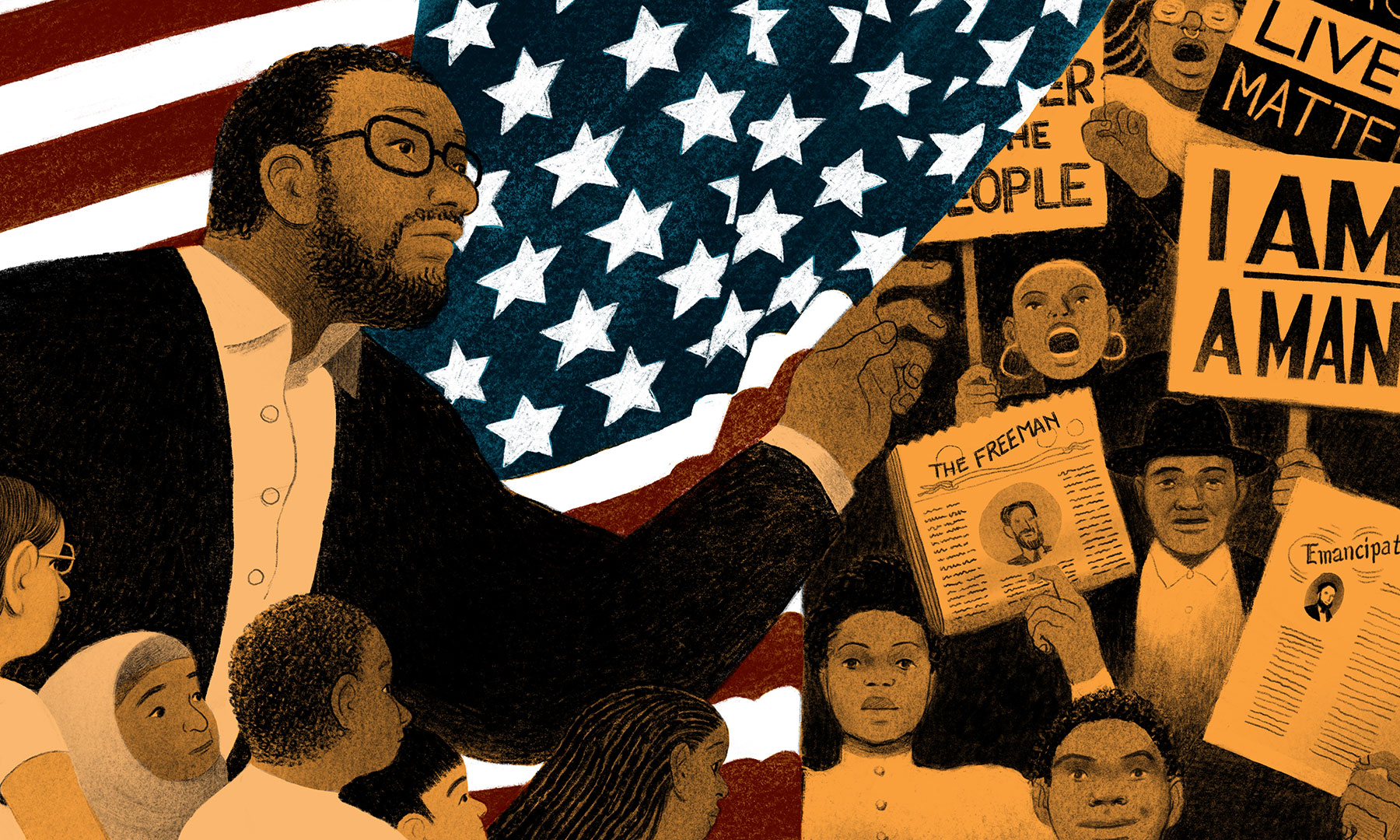
The suspension of Jimmy Kimmel’s show isn’t merely about one man’s words. It is about the erosion of a lifestyle that has defined the American experiment.

The rise of pills marketed for women’s confidence reveals the intersection of gender, medicine, capitalism, and the unfinished politics of liberation.
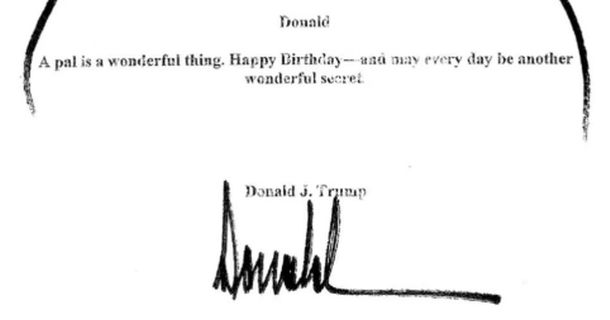
The Epstein letter with Trump’s signature reveals deeper truths about power, privilege, and accountability in America’s fragile democracy.

Charlie Kirk’s rise shows how opinion drives power, profit, and risk in America. The imbalance of free speech matters for people, planet, and democracy. Why These Matter: The Imbalance of Power and the Weight of Words
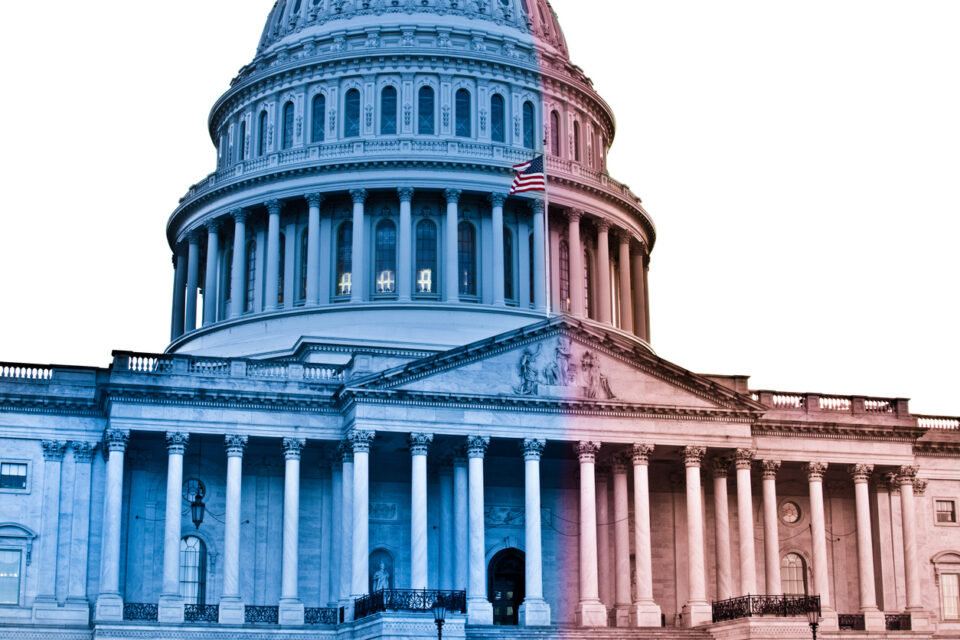
From unborn children to the aged in nursing homes, every generation is bearing the cost of political underperformance. It’s time citizens reclaim accountability and demand results.

A sharp op-ed on the peace pageant—red carpets, motorcades, and power math—where diplomacy is performed as much as negotiated.
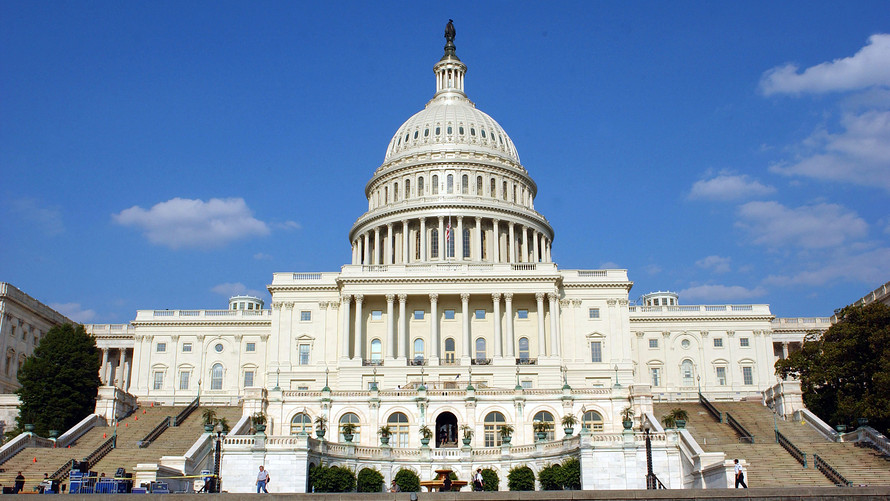
Most people think of legislation as a series of dry, bureaucratic steps. A bill is introduced, debated, amended, and eventually passed. But real legislative power is exercised in the shadows — in late-night negotiations, whispered committee deals, and amendments slipped into thousand-page bills that few read in full.